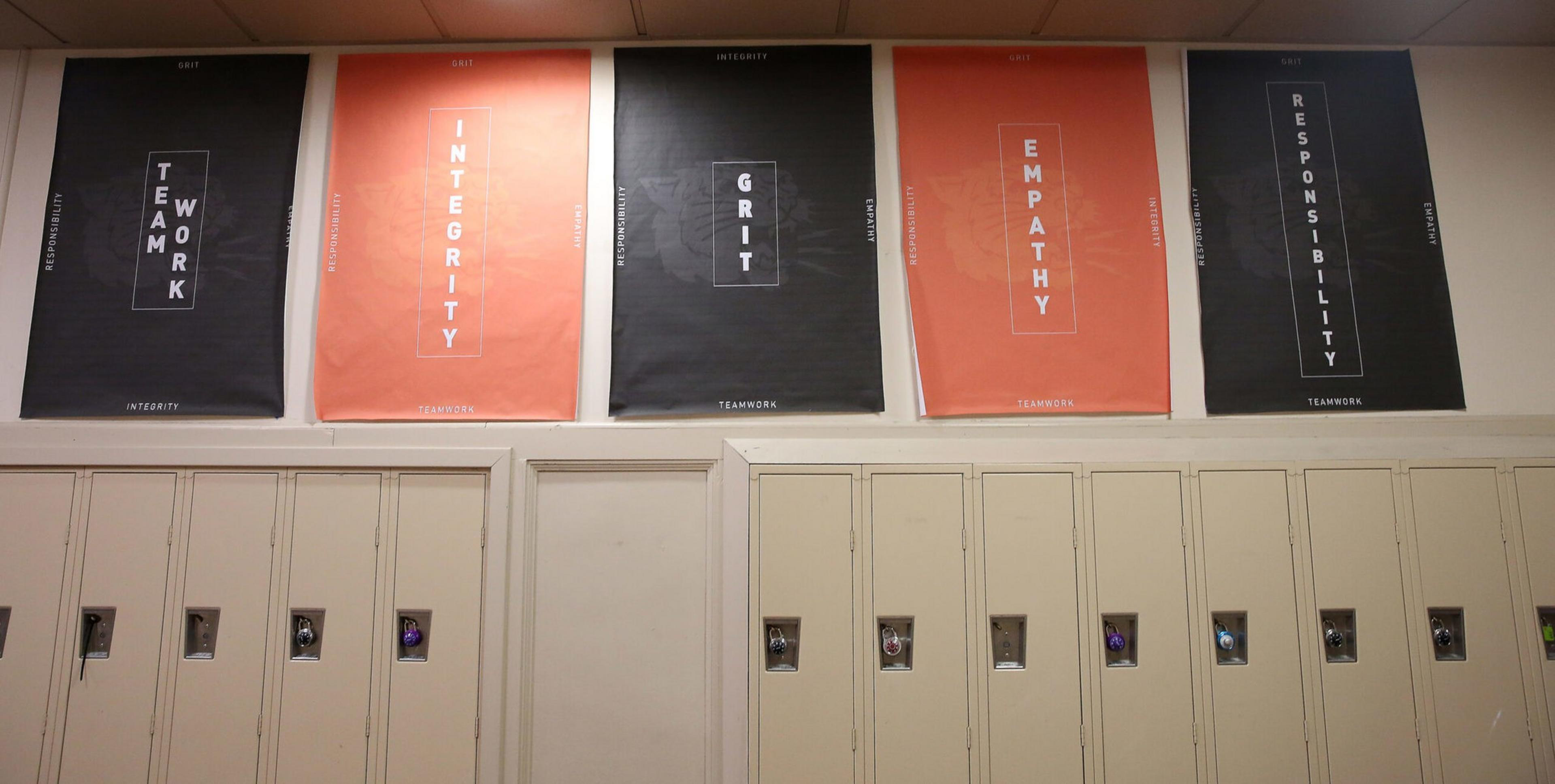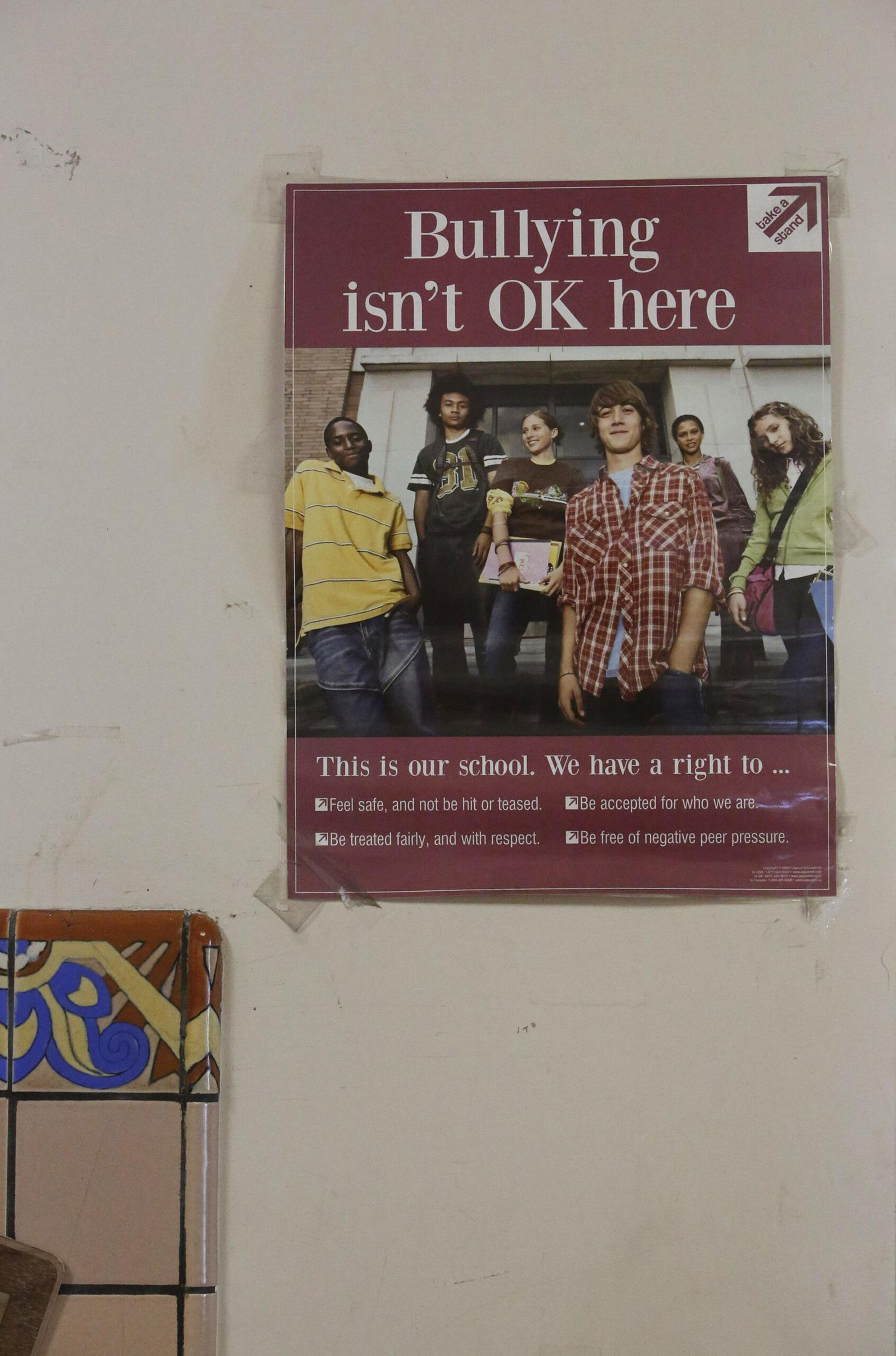A report uncovered by The Standard reveals that a teacher who was accused of kissing and groping a 17-year-old San Bruno girl on multiple occasions was allowed to resign and was later hired at a San Francisco public school, where students accused him of misconduct roughly two decades after the original alleged incidents.
The situation mirrors a pattern where school officials negotiate quiet exits for employees accused of sexual misconduct, allowing them to resign or retire in lieu of possible termination.
San Francisco officials would come to discover allegations from the 1990s about teacher Anthony Sylvestri only after local students at the city’s Aptos Middle School claimed in 2018 that he made them uncomfortable by calling them pet names, leering at them and touching them for no clear reason.
In 2019, Sylvestri was allowed to resign, this time under what officials for the San Francisco Unified School District call a “release agreement,” after which time administrators did not pursue disciplinary hearings that might have resulted in Sylvestri’s formal firing. Since 2017, the public school district has negotiated at least 19 such release agreements for employees accused of sexual misconduct, including Sylvestri, a recent investigation by The Standard found.
San Francisco school officials say these kinds of resignations are necessary to immediately remove teachers accused of misconduct from the classroom and to prevent students whom they may have harmed from having to testify in lengthy termination proceedings.
But Sylvestri’s history shows that San Francisco school officials have known, since the latest series of allegations against him, that the solution of allowing for little-noticed resignations can backfire.
Sylvestri declined to comment. According to a report documenting the San Francisco school district’s investigation, he denied a majority of the allegations against him, admitting only to sometimes calling students pet names like “sweetie” or “hon.”
The San Francisco school district did not answer questions about possible missteps or reforms associated with the Sylvestri case. The San Mateo Union High School District had not answered questions from The Standard by press time.

Belated Discovery
In his application to Aptos Middle School, Sylvestri explained his departure from Capuchino High School in San Bruno by claiming that students spread rumors they later recanted asserting he had sexual affairs with them.
He had resigned, he said, “to make a clean start elsewhere,” according to a 2019 report San Francisco submitted to the state credentialing body.
But that statement was undermined in October 2018 after an Aptos student claimed that Sylvestri was a “pervert.”
Students later told the school that Sylvestri’s usage of pet names made them uncomfortable and that he would start conversations with girls and “initiate physical contact, without any legitimate educational reason,” according to the report.
Other students told administrators about similar alleged behavior. Aptos Middle School placed Sylvestri on administrative leave in order to investigate the allegations against him and officials ultimately issued him a verbal reprimand.

After the San Francisco Examiner reported (opens in new tab) in 2018 on the initial accusations against Sylvestri, more Aptos students and staff members came forward with allegations against him, and he was again placed on leave.
A second investigation revealed even more allegations.
One student said Sylvestri had grabbed her calf and massaged her foot during a fitness test and, on one occasion, squatted over her face as she was lying on the floor and dribbled a basketball, San Francisco school interviewers found.
A special education teacher said Sylvestri “pressed her up against a counter from behind, pressed his crotch into her bottom, whispered into her ear, and walked away,” the 2019 report to credentialing authorities states. A witness confirmed the incident to the school district, it adds.
According to the report, a former student from Capuchino High School submitted a declaration that Sylvestri had kissed her on the mouth and groped her breasts and body at least three times during her senior year.
Sylvestri had written personal letters to a sophomore at Capuchino that “alluded to a romantic relationship between them,” San Francisco school officials concluded.
The report also says that Sam Johnson, the former superintendent of San Mateo Union High School District, believed Sylvestri had an inappropriate relationship with a female student.
Reached over the phone by The Standard, Johnson said he had “been deposed” on the issue and declined to comment further.

According to the report to the credentialing agency, Sylvestri denied engaging in sexual harassment, but said he could not remember the details of the Capuchino allegations.
San Francisco school administrators concluded that Sylvestri had not been forthright about his departure from Capuchino and only admitted years later that he had been asked to resign from the high school in San Bruno. He had also failed to reveal the public reprimand he received from the credentialing body in 2001. The district did not find his denials of the harassment allegations against him credible, the report states.
The SF Board of Education began the termination process. But before Sylvestri could have a hearing, he entered into a release agreement with school officials.
Falling Through the Cracks
How exactly did Sylvestri manage to move from Capuchino to Aptos without San Francisco school officials getting wind of his alleged history?
The Standard asked both the San Mateo County and San Francisco school districts questions about Sylvestri and their procedures for reporting misconduct and vetting teachers.
In response to a request for records about Sylvestri, the San Mateo County school district said The Standard would need to wait a month to give the former teacher a chance to sue to block their release. The district did not answer additional questions from The Standard.
San Francisco school officials declined to comment on Sylvestri, but said they require all employees to undergo a full FBI and Department of Justice criminal background check.
“We support any efforts to strengthen the processes to prevent hiring staff with a history of sexual misconduct,” the San Francisco school district said in a statement.

When Sylvestri was hired by Aptos, he was under investigation by the California Commission on Teacher Credentialing (CTC), information the San Francisco school district concluded he didn’t reveal during his hiring. Nearly two years later, he received a public reproval, a warning from the CTC that his conduct was not appropriate for a credential holder.
That delay—likely the result of extensive due process afforded to credential holders—may have helped him avoid scrutiny.
Reprimands, which are now publicly viewable on the CTC website, are not adopted until a teacher has exercised all their options to appeal, a CTC spokesperson said in an email.
In 2021, the CTC revoked Sylvestri’s credential as a result of misconduct.
Joel Levin, co-founder of the Stop Sexual Assault in Schools nonprofit, said cases like these demonstrate the need for a state clearinghouse for serious complaints against educators, similar to a bar association for lawyers or medical boards for doctors.
But to tackle the practice of settlement agreements, “you have to think systemically,” he said.
“There’s all these incentives at the school level to keep this information under cover,” Levin said.
Correction: This story has been updated to better describe the due process rights for teacher credential holders.
